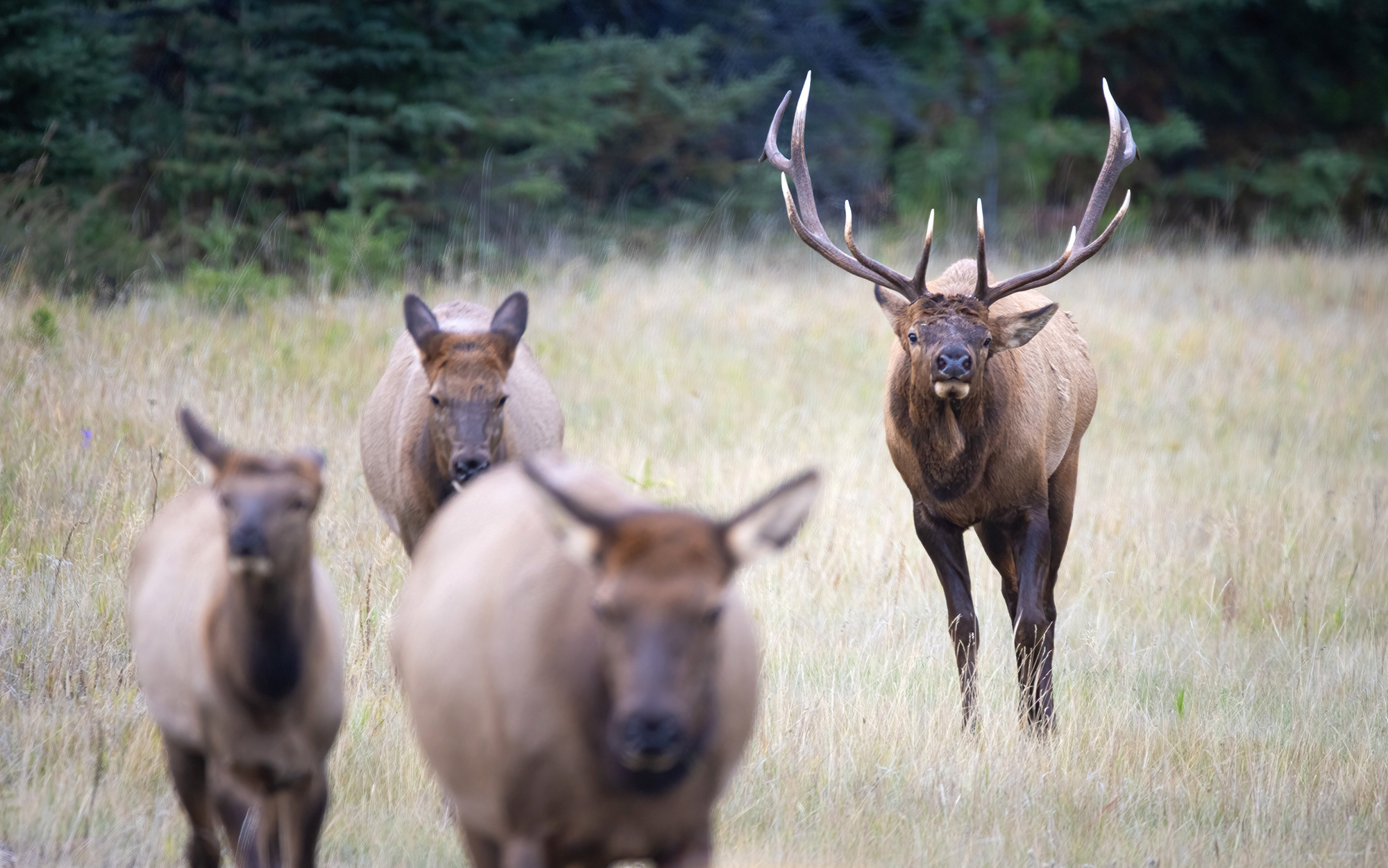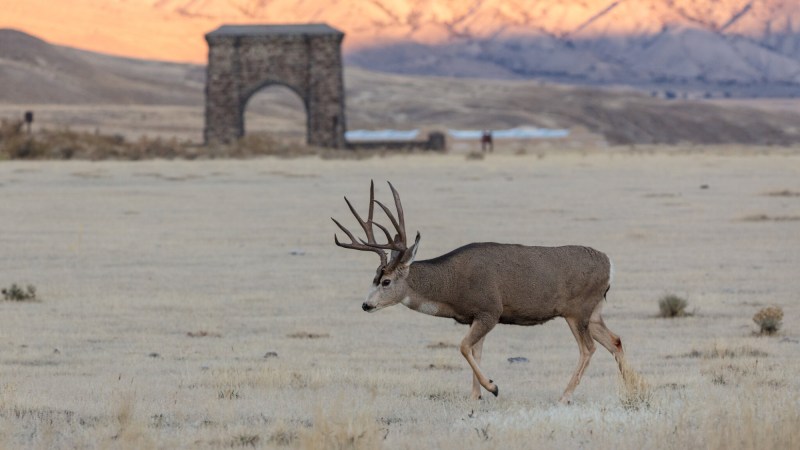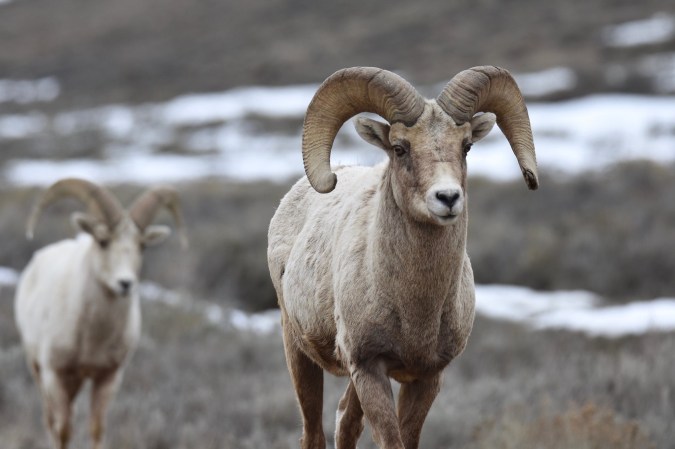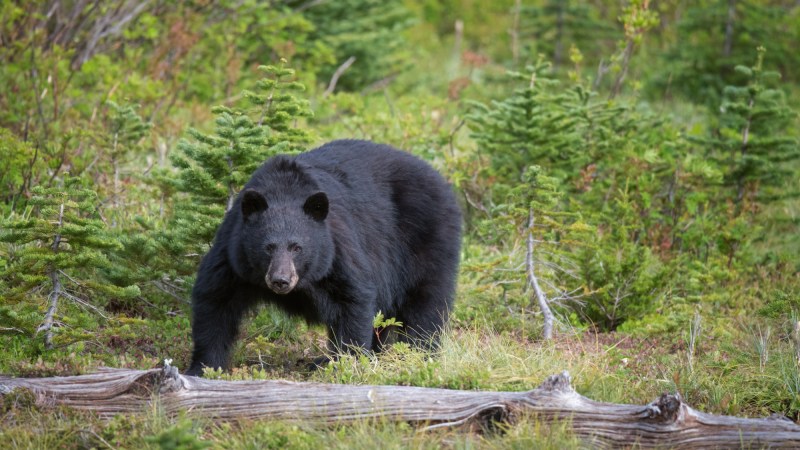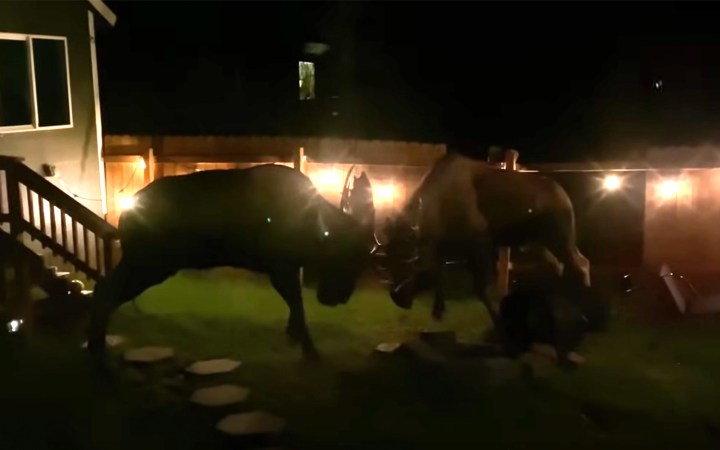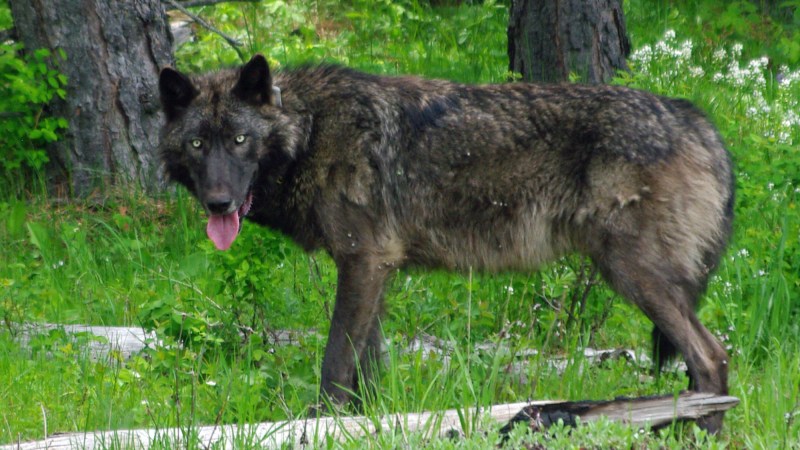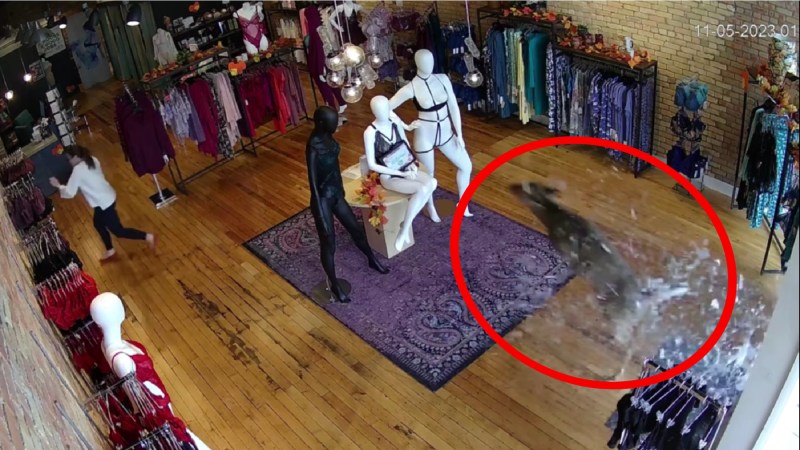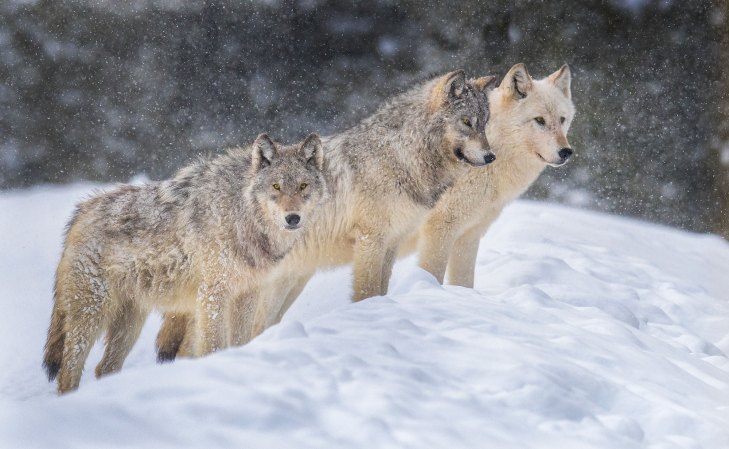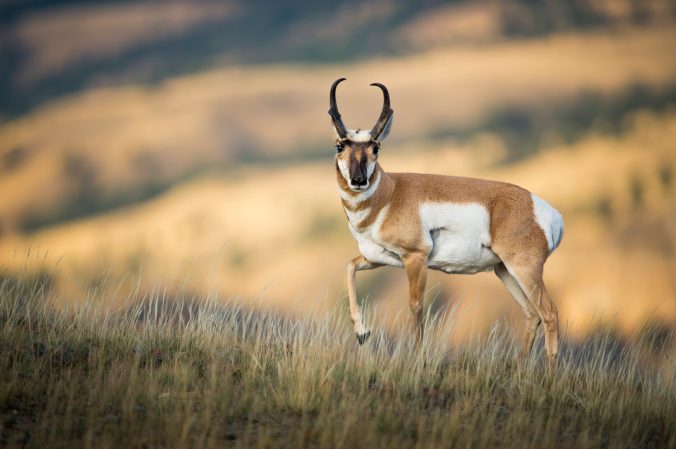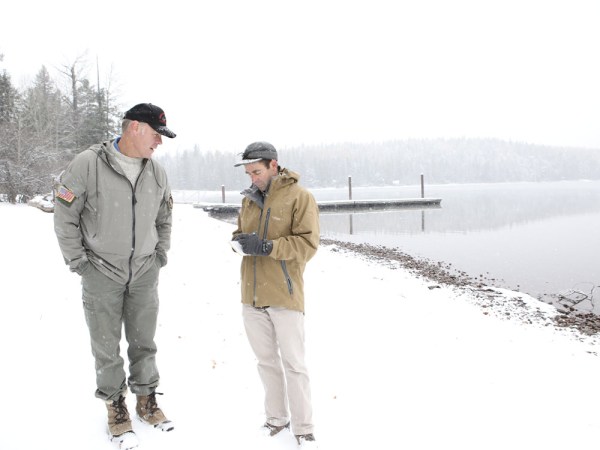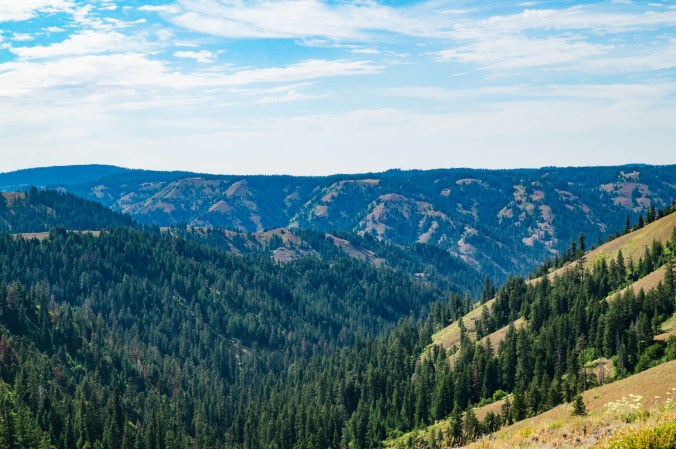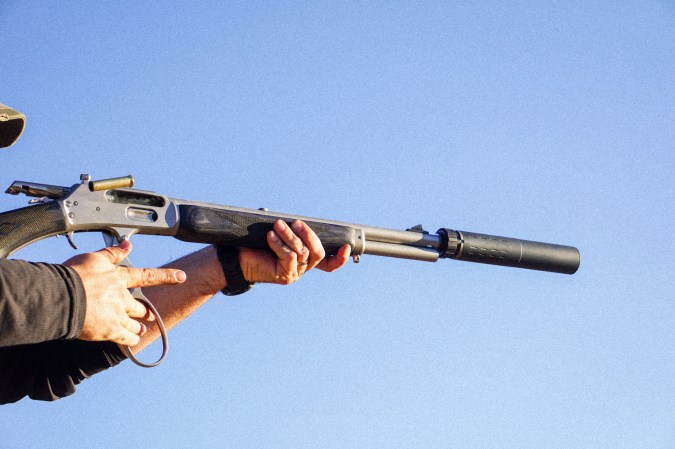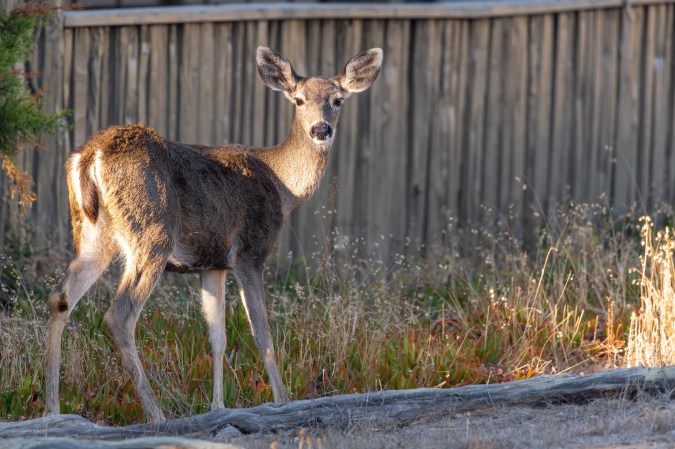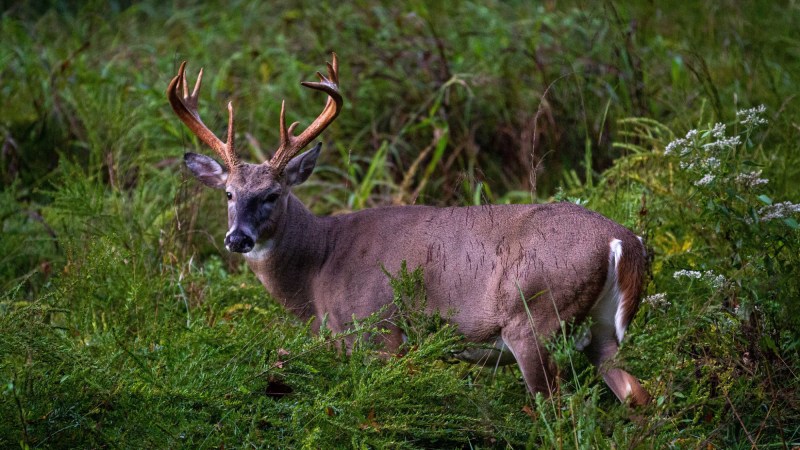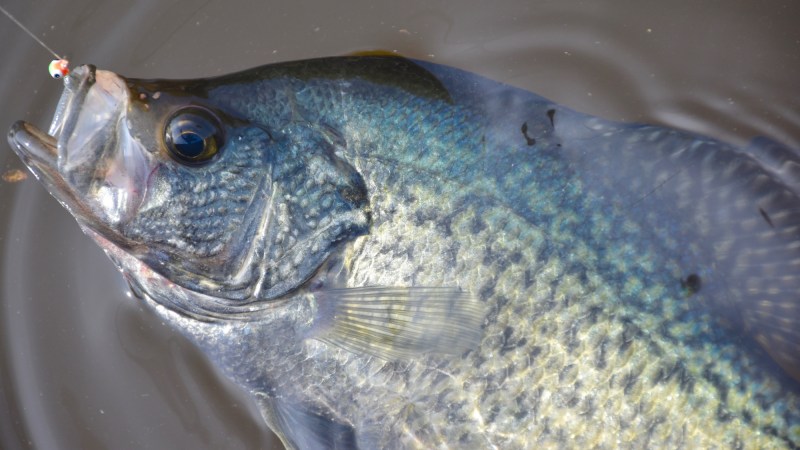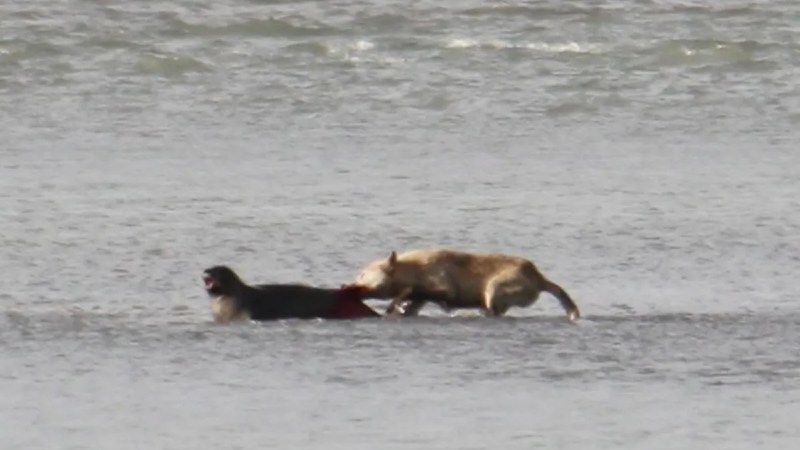A proposed ballot initiative that could have broad implications for Montana’s elk management and tribal relations will be the sole subject of a surprise state oversight committee Wednesday morning.
The legislature’s Environmental Quality Council, an interim super-committee of lawmakers and citizens, is scheduled to consider proposed Ballot Initiative 193 on Dec. 6. at 10 a.m. The meeting, which will be held via Zoom and not in person, caught even some council members by surprise.
“Even those of us on the committee will have zero notice, let alone the public,” says Missoula state representative Marilyn Marler, a member of the EQC.
The proposed initiative has in the past week received green lights from both Montana’s Attorney General and Secretary of State to appear on the 2024 general election ballot. The draft that the EQC will consider tomorrow expressly prevents the state’s wildlife commission from imposing restrictions on a landowner’s ability to hunt big game “except when wildlife populations are in severe decline due to environmental factors such as disease or drought.”
While the initiative drafter says his intent is to be able to hunt his own private land inside northwest Montana’s Flathead Indian Reservation, the vague language of the draft could upend decades of careful—and often controversial—elk and deer management in which landowners in trophy-management districts across central and northeast Montana must draw a special permit in order to hunt their own land.
The narrower question of whether non-tribal members can hunt their own land inside Indian reservation boundaries has been raised previously in Montana, in a request denied by the state’s Fish, Wildlife & Parks Commission in 2017 and more recently as a failed bill in the 2021 Legislature. Non-tribal landowners who live on the Flathead Indian Reservation backed House Bill 241 that would have given them authority to hunt deer, elk, and black bear on their private land. Landowners who are not enrolled members of the Salish and Kootenai Tribes are prohibited by tribal regulations from hunting big game on the Flathead Reservation, even on their own land. The Salish and Kootenai do have an agreement with Montana Fish, Wildlife & Parks that allows non-tribal members to fish and hunt upland birds with a special Flathead Reservation permit.
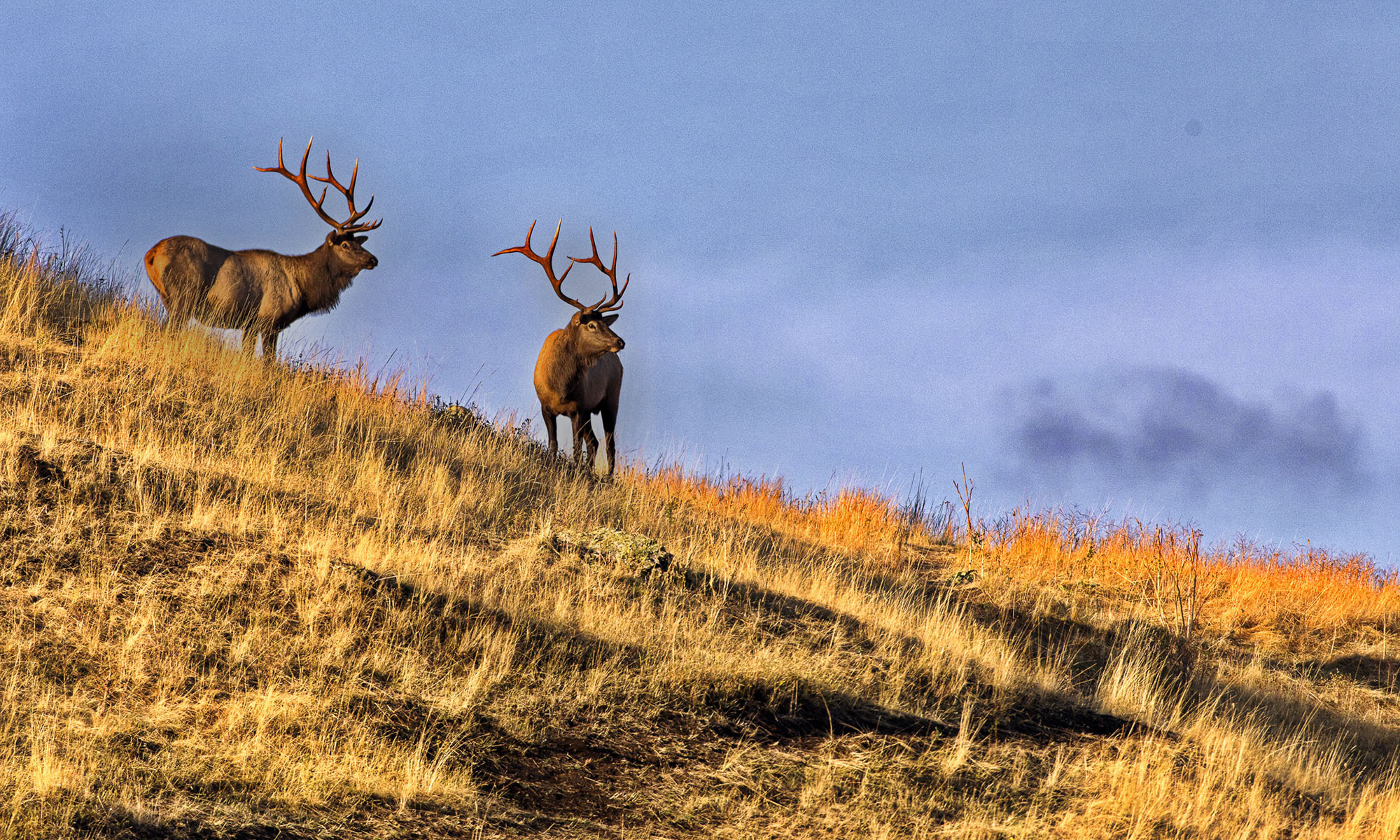
F&J McGinn / Adobe Stock
House Bill 241 died in committee after a torrent of opposition, mainly from representatives of Montana’s 12 Native American tribes, who argued the bill was an attack on hard-won tribal sovereignty.
Rick Shoening, author of Initiative 193 and the failed 2021 legislation, maintains that the state’s wildlife commission has failed to exercise its authority to allow hunting on deeded land inside Montana’s seven Indian reservations. Shoening cites decades-old state fishing and hunting regulations that show reservation land totaling some 3.3 million acres in Montana was previously open to non-tribal hunting, and notes that many of his neighbors have bought land on the Flathead Indian Reservation, only to find out later that they are prohibited from hunting big game on their recent purchases.
“This is basically a landowner rights issue,” says Shoening, who worked as a state game warden for nearly 30 years before retiring. He was elected Lake County Justice of the Peace last year. “We’re just reopening lands that were closed before,” he says, citing Montana Fish and Game regulations dating back to the 1950s that include reservations in open hunting areas.
But the petition’s language seems to allow landowners who reside in the state’s special-permit districts for deer and elk to hunt on a general license, which isn’t distributed in a drawing.
“I-193 will allow increased hunting opportunities for landowners,” states the petition’s official purpose and implication. “If passed, the initiative prohibits hunting regulations that would impose or effect a prohibition on a landowner hunting deer, elk, or black bear on the landowner’s private property during a statewide general hunting season. Landowners would still need to be licensed and follow all hunting laws and regulations pertaining to means of take and bag limits.”
Many of these special elk units have been the subject of intense scrutiny, as non-resident landowners have purchased ranches in some of the best units, then petitioned the Montana wildlife commission to change the permit hunting rules. Shoening acknowledged that his petition might have the unintended outcome of allowing landowners to hunt trophy elk and deer without a permit, and that it might even allow outfitting on private land in limited-entry units.
“That’s not the intent, but yes, that’s a possibility,” says Shoening.
Read Next: This New Bill Would Shorten the Suppressor Waiting Period to 90 Days
A spokesperson for the Confederated Salish and Kootenai Tribes of the Flathead Reservation wasn’t available for comment, but Thomas Baumeister, vice chair of the Montana Chapter of Backcountry Hunters & Anglers called the initiative “another example of extremists trying to commercialize and privatize our wildlife, and its management in Montana.”
If the Environmental Quality Council approves the draft initiative, it would then be eligible to receive signatures to put it on Montana’s 2024 general election ballot.

